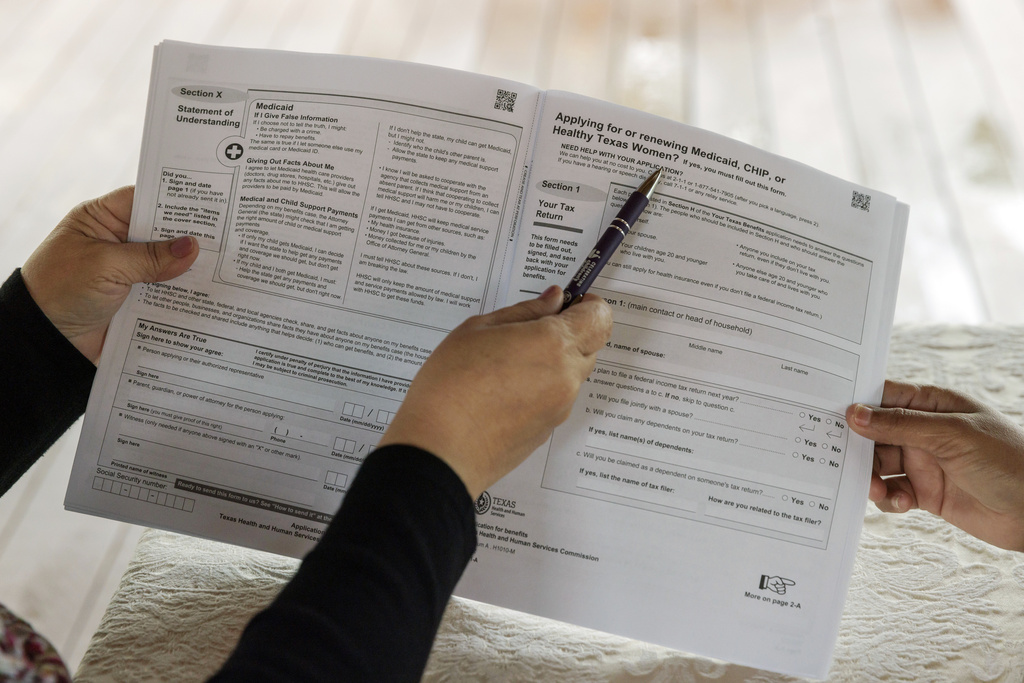Last year, Texas extended its Medicaid coverage for recently pregnant women from six months to 12 months, but research shows that many health complications—both physical and mental—can persist well beyond the first year after childbirth.
House Bill 757, introduced by Rep. Armando Walle, D-Houston, would increase that care window to at least 24 months after giving birth.
The bill is a step aimed at closing dangerous gaps in maternal healthcare access and ensuring that new mothers aren’t left behind once their babies are born.
The bill would provide support for new mothers who often struggle with postpartum mental health issues, physical recovery from childbirth and other health complications that can arise after delivery.
“I think that even though we spend a lot of time talking about maternal mortality, what we don’t discuss is how many of those unfortunate situations happen after the patient is discharged from the hospital,” said Alloy Women’s Health Chief Medical Advisor Dr. Sharon Malone.
Texas has one of the highest maternal mortality rates in the nation, and it’s getting worse. According to a study from the Gender Equity Policy Institute, maternal deaths in Texas increased by 56% over recent years, far outpacing the national rise of 11%. Black women are three to four times more likely to die from pregnancy-related causes than white women. In Texas alone, maternal mortality rose 38% among Black women, 30% among Hispanic women and 95% among white women.

“That’s notable because it’s communities of color—Black women, Native women—who have these horrible outcomes,” said NBC reporter Zinhle Essamuah, who reviewed the study. “But the fact that we’re seeing it with white women in Texas is alarming because it could signal rates that are to come in other communities.”
Postpartum depression is one of the many conditions that can appear months after childbirth. It can bring anxiety, exhaustion, insomnia and even disturbing thoughts. Left untreated, it can last for years, but without health coverage, many mothers have no way to seek help.
Texas has the third-highest fertility rate in the United States, and that rate is 50% higher among women living in poverty. Yet Texas also has the highest uninsured rate in the nation: 17% of women are uninsured, compared to a national average of 8%.
“One of the most significant barriers for all mothers, young or older, is the financial cost of accessing healthcare,” said Sen. Sarah Eckhardt, D-Austin, who has been vocal about the state’s refusal to accept federal Medicaid dollars. “Texas remains one of the most uninsured states in the nation because of state leadership’s refusal to accept federal Medicaid dollars.”
Texas is one of the few states that has not expanded Medicaid under the Affordable Care Act. As a result, individuals whose income falls between 18% and 100% of the federal poverty level — roughly $2,800 to $15,650 for a single adult—are often ineligible for coverage. That leaves a large group of working-class Texans without coverage, making them too rich for Medicaid, but too poor for private insurance.
House Bill 757 is a response to this crisis. Supporters argue that extending postpartum coverage to two years would provide a safety net during one of the most medically vulnerable times in a woman’s life.
What the bill does not account for is that many mothers in Texas are considered too rich to qualify for Medicaid, despite making significantly under the federal poverty level. Yet, if the bill passes it could still mark a slight turning point for maternal health in Texas. But for now, thousands of Texas mothers remain left to recover without the care they need.




